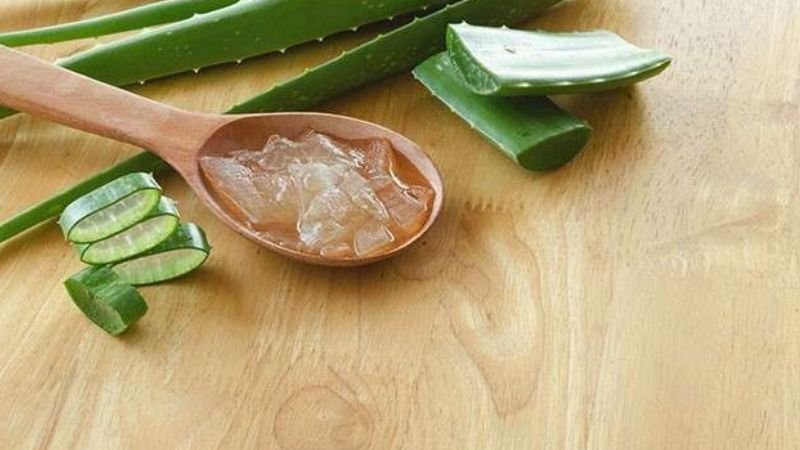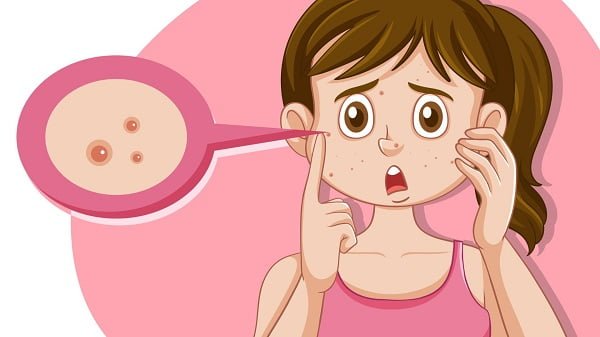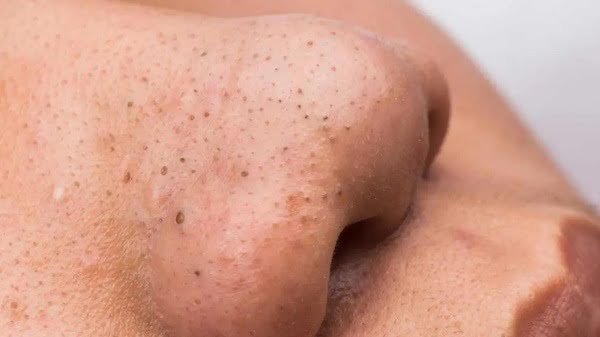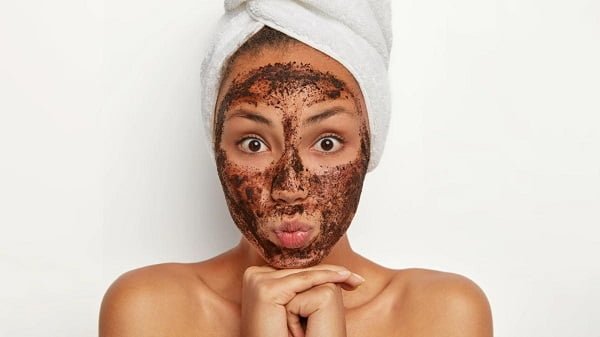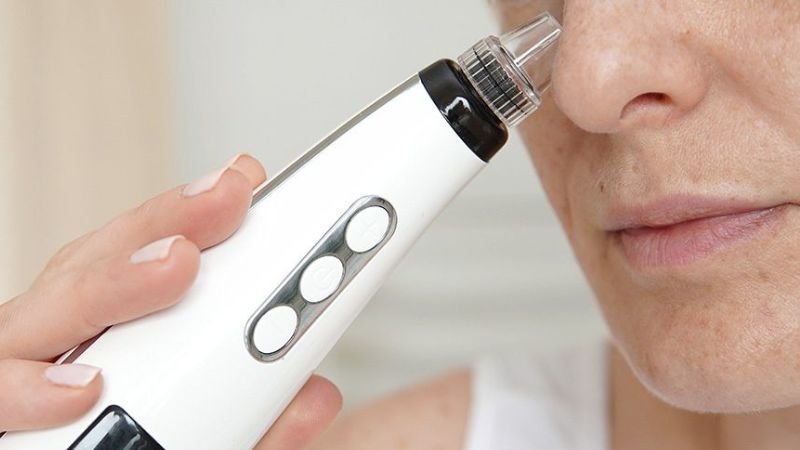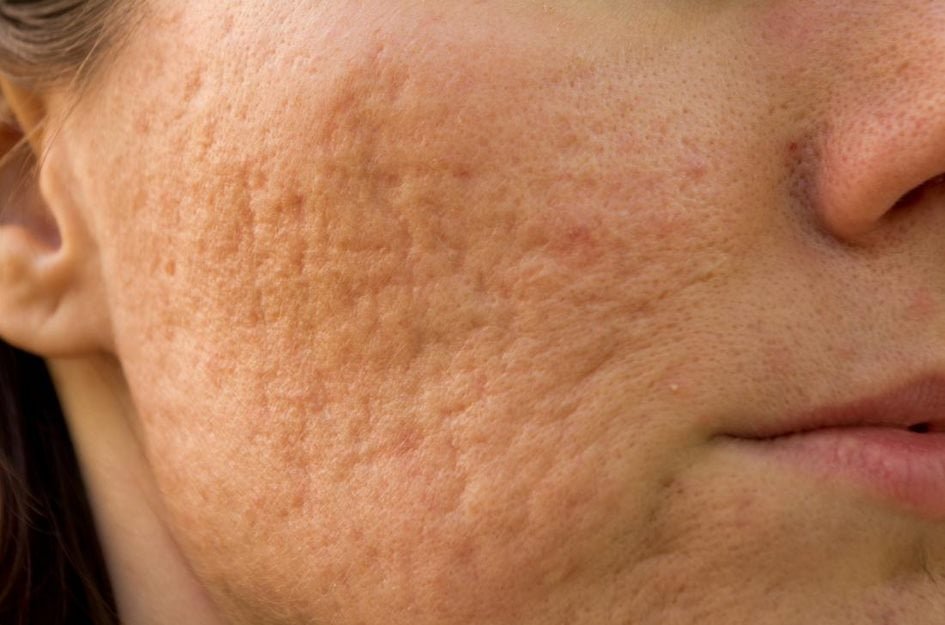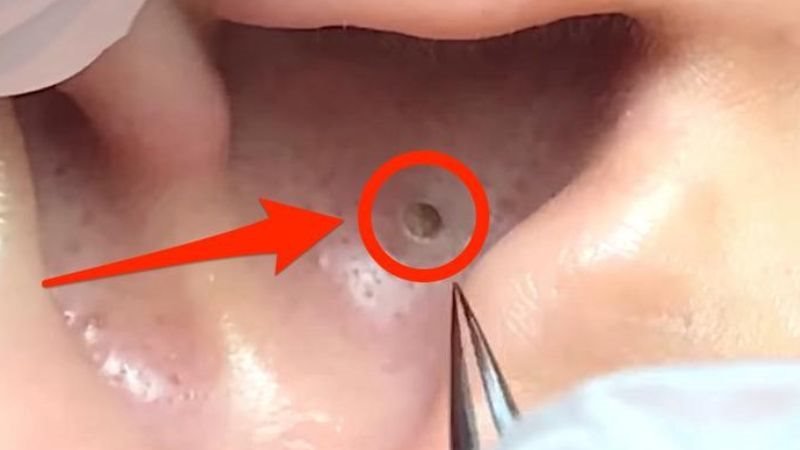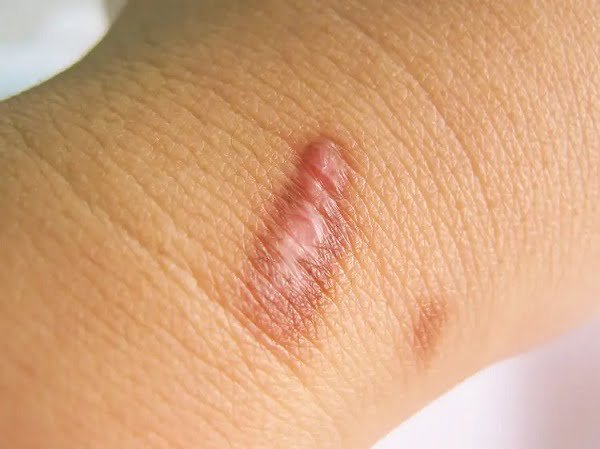Introduction -
In the quest for clear, radiant skin, many turn to natural remedies like aloe vera, renowned for its soothing and healing properties. But does this succulent plant have what it takes to tackle stubborn blackheads? Let’s delve into the science behind aloe vera and its purported ability to banish blackheads once and for all.
Understanding Blackheads:
Blackheads, those pesky little pores clogged with excess oil (sebum) and dead skin cells, are a common skin concern for many. They often appear as small, dark bumps on the skin, most commonly on the face, nose, and chin. While various factors contribute to their formation, including excess oil production, poor skincare habits, and hormonal changes, finding effective solutions to remove them can be a challenge.
The Benefits of Aloe Vera:
Aloe vera, a succulent plant native to tropical regions, has been used for centuries for its medicinal and skincare properties. Rich in vitamins, minerals, enzymes, and amino acids, aloe vera is prized for its soothing, hydrating, and anti-inflammatory effects on the skin. It’s commonly used to treat sunburns, wounds, and various skin conditions, leading many to wonder if it can also address blackheads.
Can Aloe Vera Remove Blackheads?
While aloe vera offers numerous skincare benefits, its efficacy in removing blackheads is somewhat limited. Unlike ingredients such as salicylic acid or benzoyl peroxide, which are known for their ability to penetrate pores and dissolve blackhead-causing impurities, aloe vera lacks the exfoliating and pore-clearing properties necessary to effectively eliminate blackheads.
However, that’s not to say that aloe vera is entirely ineffective against blackheads. Its hydrating and anti-inflammatory properties can help soothe irritated skin and reduce redness associated with acne breakouts, including blackheads. Additionally, when used in conjunction with other skincare ingredients or treatments targeted at blackheads, such as salicylic acid or clay masks, aloe vera can complement their effects and provide additional benefits.
How to Incorporate Aloe Vera into Your Skincare Routine:
If you’re keen to incorporate aloe vera into your skincare routine to help manage blackheads, here are some tips to consider:
- Use Aloe Vera Gel:Optfor pure, natural aloe vera gel extracted directly from the plant or high-quality commercial preparations. Apply a thin layer of aloe vera gel to clean, dry skin and gently massage it in until fully absorbed. Repeat this process morning and night as part of your regular skincare routine.
- Combine with Other Ingredients: Enhance the benefits of aloe vera by combining it with other skincare ingredients known for their effectiveness against blackheads. For example, you can mix aloe vera gel with a small amount of tea tree oil or witch hazel for added antibacterial and astringent properties.
- Consider Aloe Vera-Based Products: Look for skincare products containing aloe vera as a key ingredient, such as cleansers, moisturizers, and masks. While these products may not directly remove blackheads, they can help maintain skin health and alleviate symptoms associated with acne breakouts.
Chemical Composition of Aloe vera that helps in Removing Blackheads
While aloe vera may not directly remove blackheads like some chemical exfoliants or pore-clearing ingredients, it does possess certain properties that can help improve overall skin health and potentially alleviate symptoms associated with blackheads. Here’s a breakdown of the chemical composition of aloe vera and how its components may contribute to blackhead management:
- Polysaccharides: Aloe vera contains polysaccharides, complex carbohydrates known for their hydrating and moisturizing properties. By helping to maintain skin hydration, polysaccharides in aloe vera may prevent excessive dryness and irritation, which can exacerbate blackhead formation.
- Anthraquinones: Anthraquinones are a group of organic compounds found in aloe vera with anti-inflammatory and antibacterial properties. While they may not directly remove blackheads, anthraquinones can help reduce inflammation and soothe irritated skin, which is often associated with acne breakouts, including blackheads.
- Enzymes: Aloe vera contains various enzymes, including proteases and lipases, which have mild exfoliating properties. While not as potent as chemical exfoliants like salicylic acid, these enzymes may help remove dead skin cells and debris from the skin’s surface, potentially preventing pore blockage and blackhead formation.
- Vitamins: Aloe vera is rich in vitamins, including vitamin E and vitamin C, which possess antioxidant properties. Antioxidants help neutralize free radicals and protect the skin from environmental damage, which can contribute to acne and blackhead formation.
- Minerals: Aloe vera contains minerals such as zinc, magnesium, and selenium, which play essential roles in maintaining skin health and function. Zinc, in particular, has anti-inflammatory properties and may help regulate oil production, potentially reducing the occurrence of blackheads.
- Saponins: Saponins are natural surfactants found in aloe vera that have cleansing and antimicrobial properties. While they may not directly remove blackheads, saponins can help cleanse the skin and remove excess oil and impurities, which can contribute to blackhead formation.
- Plant Sterols: Aloe vera contains plant sterols, such ascampesteroland β-sitosterol, which have anti-inflammatory and soothing effects on the skin. By reducing inflammation and irritation, plant sterols in aloe vera may help alleviate symptoms associated with acne breakouts, including blackheads.
Conclusion
While aloe vera offers numerous skincare benefits, including hydration and inflammation reduction, it is not a standalone solution for removing blackheads. However, when used as part of a comprehensive skincare routine that includes proper cleansing, exfoliation, and targeted treatments, aloe vera can contribute to healthier, clearer skin overall. Remember to manage your expectations and consult a dermatologist for personalized advice and treatment options tailored to your specific skincare needs.
FAQs related to "Does aloe vera remove blackheads?"
While aloe vera offers various skincare benefits, including hydration and inflammation reduction, it is not typically sufficient on its own to remove blackheads. Aloe vera lacks the exfoliating and pore-clearing properties necessary to effectively eliminate blackheads. However, it can complement other skincare ingredients and treatments targeted at blackheads when used as part of a comprehensive skincare routine.
Aloe vera may help alleviate symptoms associated with blackheads, such as inflammation and irritation, due to its soothing and anti-inflammatory properties. Additionally, aloe vera’s hydrating effects can help maintain skin moisture balance, potentially preventing excessive dryness and irritation that can exacerbate blackhead formation.
While aloe vera may not directly prevent blackheads from forming, it can contribute to overall skin health and hydration, which may help minimize the occurrence of blackheads. By keeping the skin moisturized and reducing inflammation, aloe vera may create a less favorable environment for blackhead formation.
Aloe vera can be used topically as part of a skincare routine to help manage blackheads. Apply a thin layer of pure aloe vera gel or products containing aloe vera to clean, dry skin. While aloe vera alone may not remove blackheads, it can complement other skincare ingredients and treatments targeted at blackheads.
Aloe vera is generally well-tolerated by most individuals when applied topically. However, some people may experience allergic reactions or skin irritation. It’s essential to patch test new products containing aloe vera and discontinue use if any adverse reactions occur. Additionally, avoid applying aloe vera gel to open wounds or broken skin.
Yes, you can leave aloe vera gel on overnight as a part of your skincare routine. However, it’s essential to ensure that the gel is fully absorbed into the skin before going to bed to prevent transfer onto bedding. Overnight application of aloe vera gel may help hydrate and soothe the skin, potentially reducing inflammation associated with blackheads.
Aloe vera alone may not be sufficient for removing blackheads from the nose, as this area is prone to excess oil production and congestion. However, incorporating aloe vera into a comprehensive skincare routine that includes regular cleansing, exfoliation, and targeted treatments may help manage blackheads on the nose and other areas of the face.

